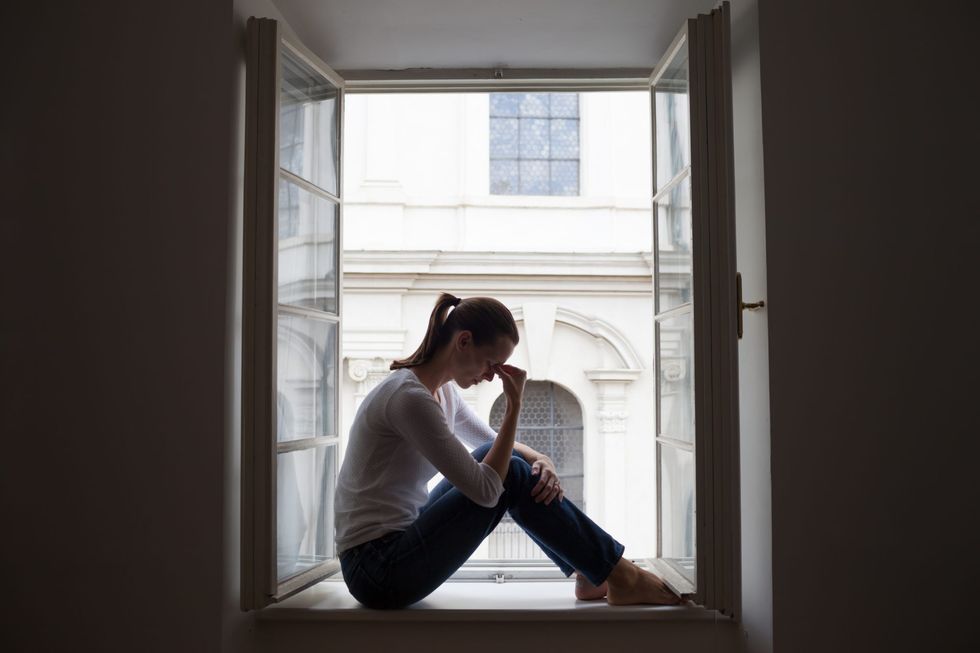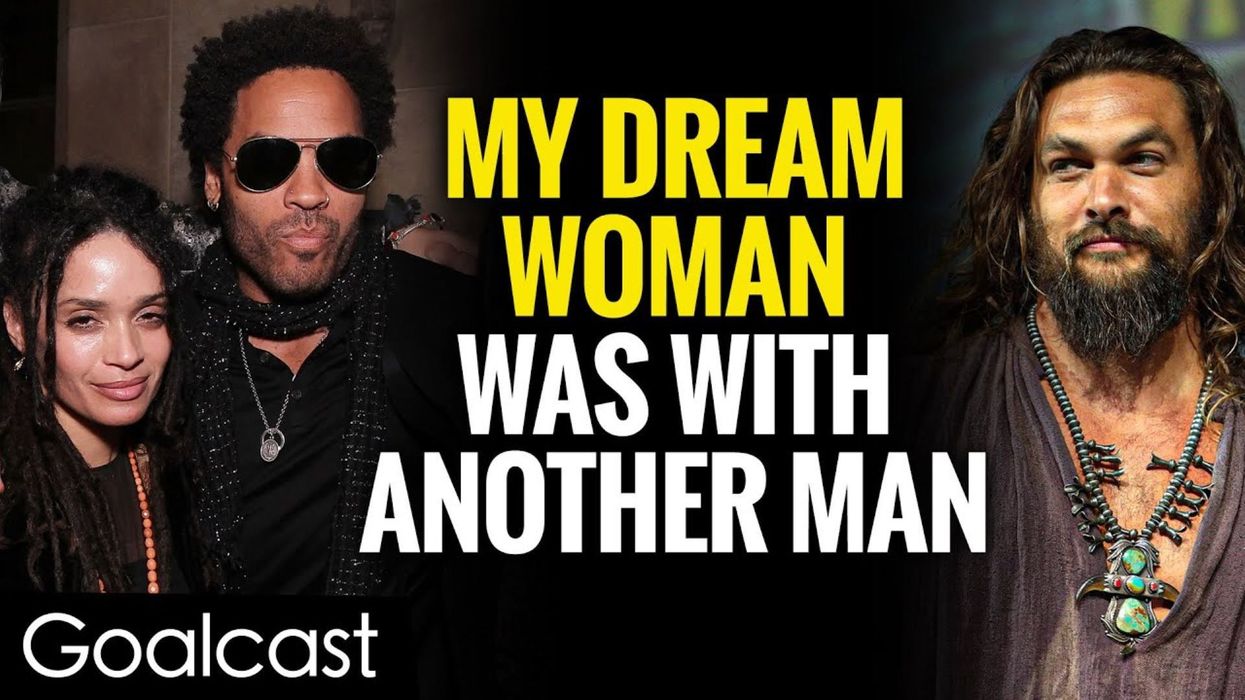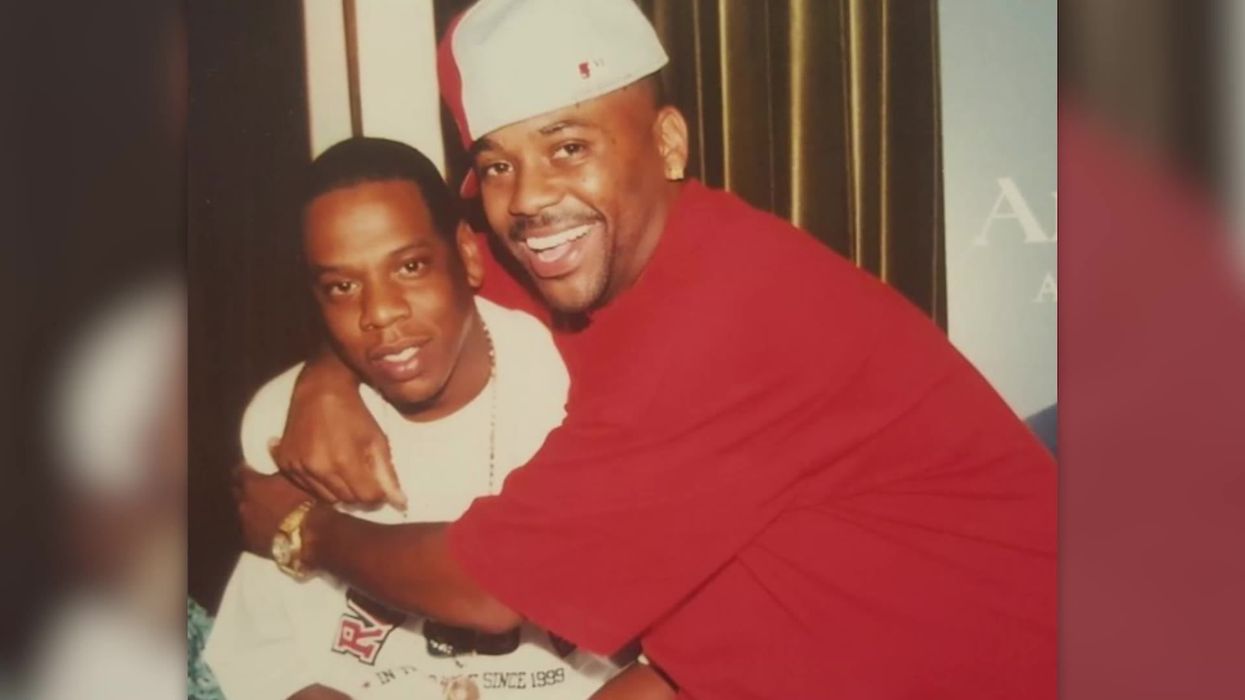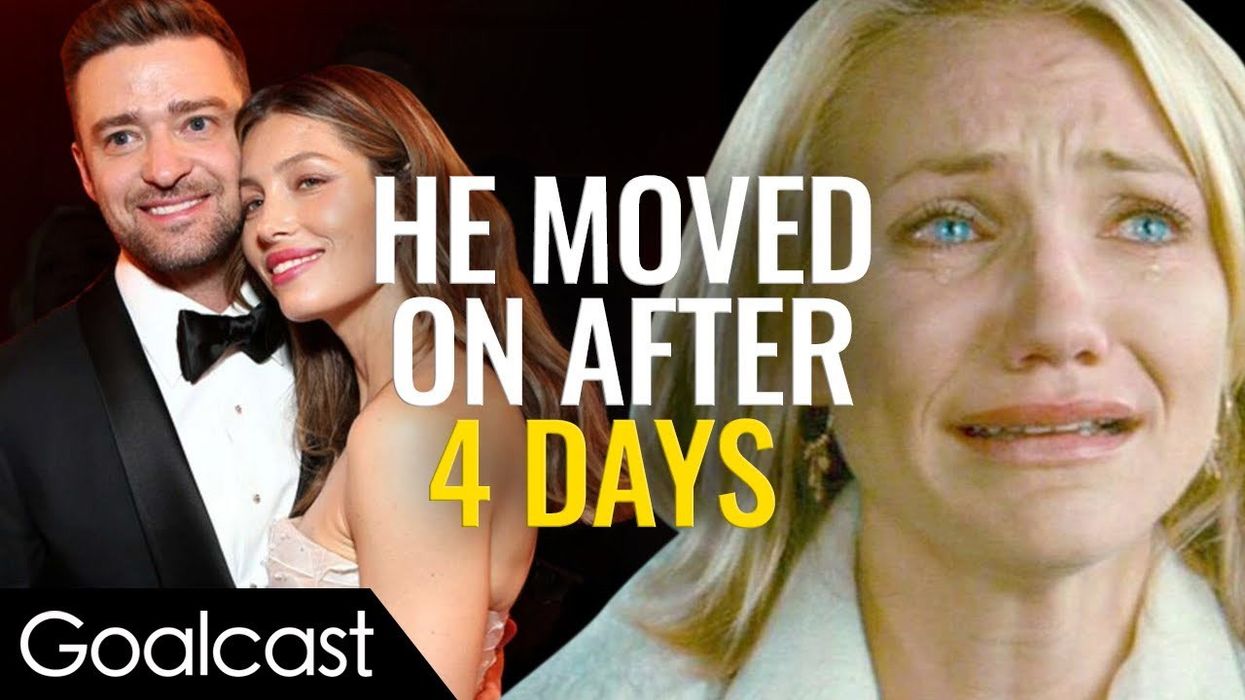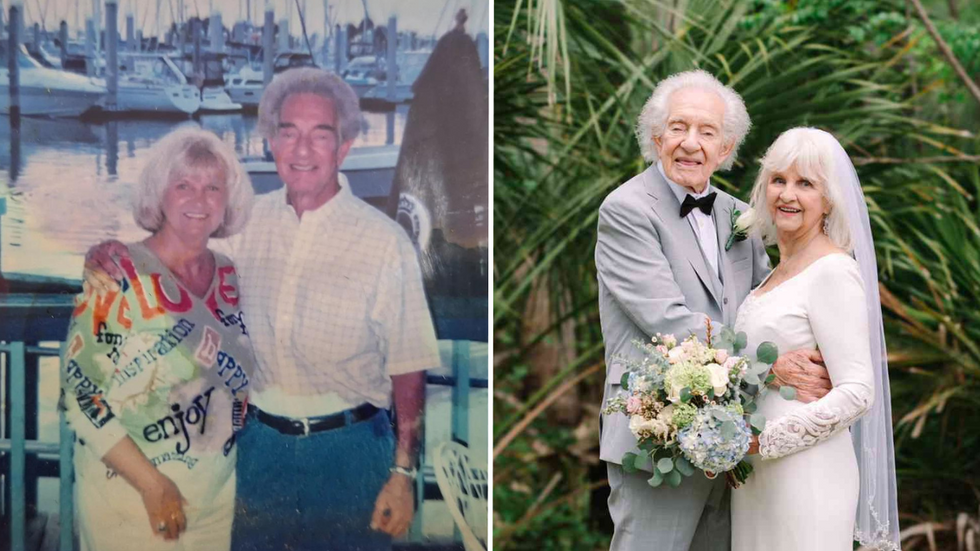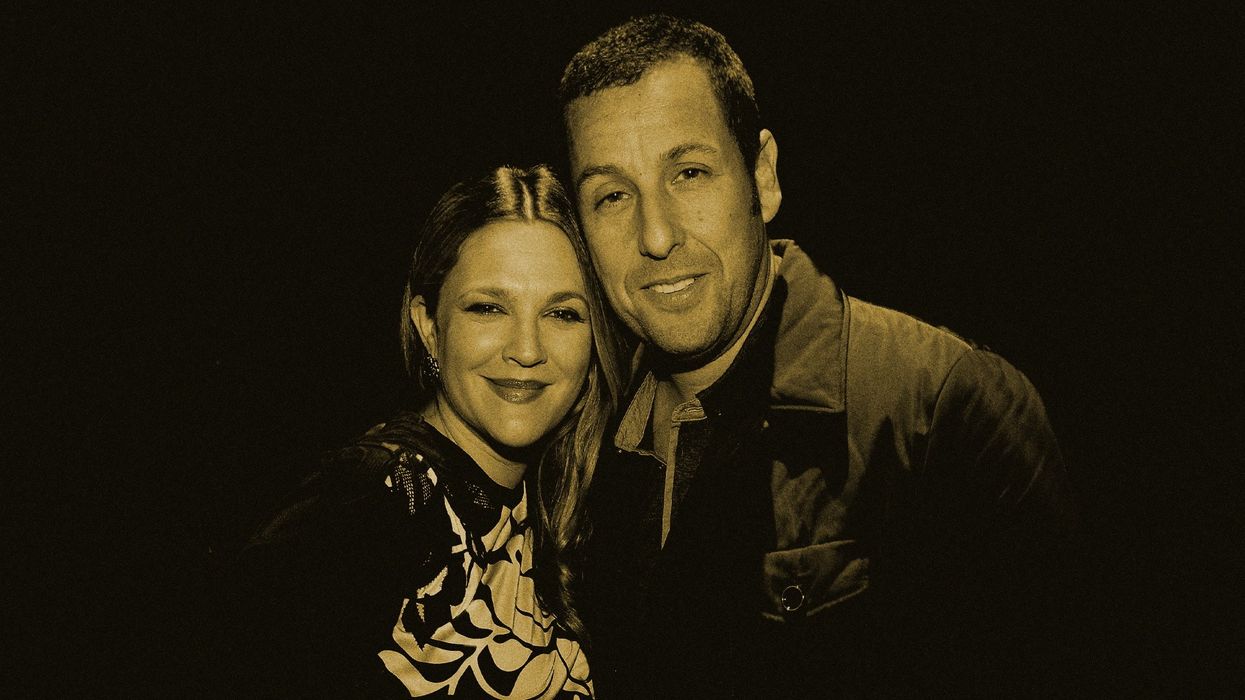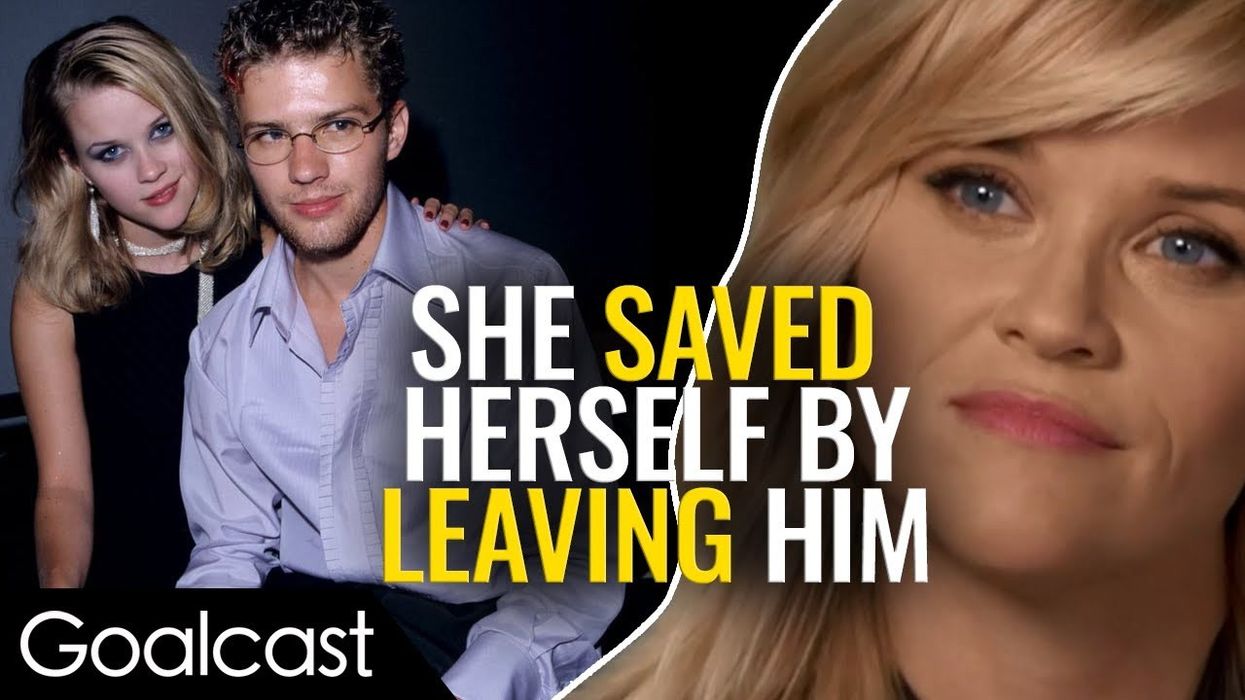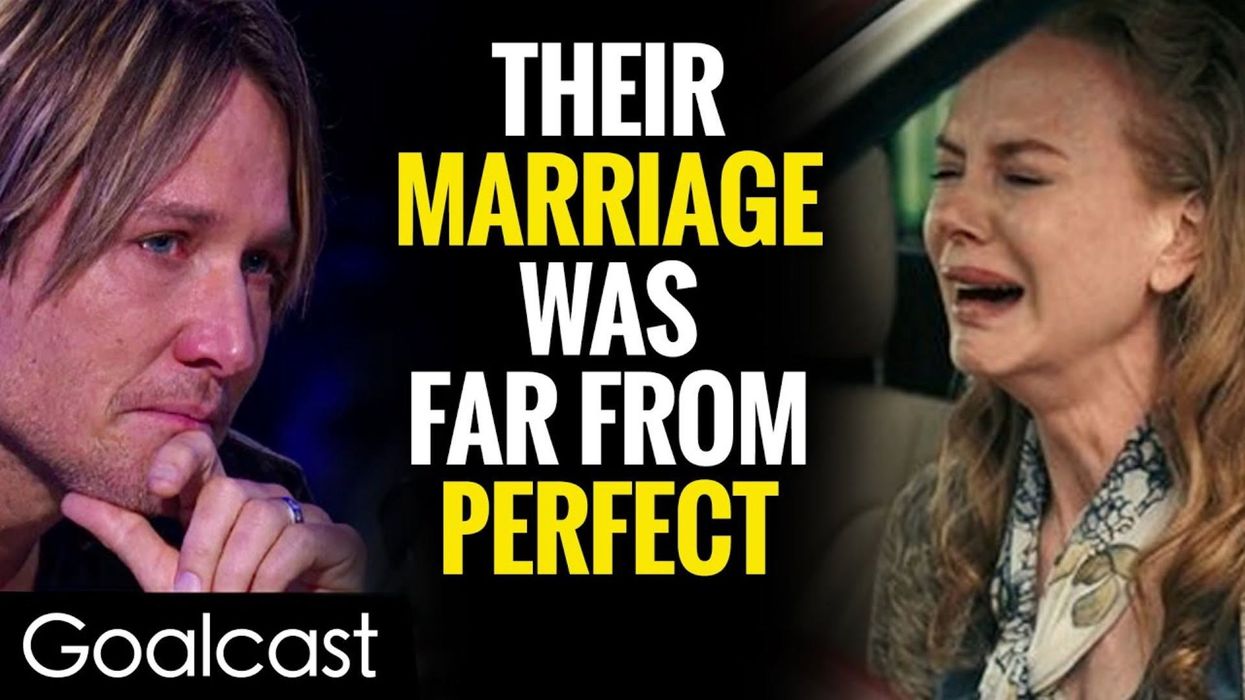
When Motivational Advice Fails: Handling Things Beyond Your Control
Here’s the thing about lifestyle advice. Sometimes all the good intentions in the world aren’t enough.
This isn’t a criticism of lifestyle advice, or the wonderful motivational content here on Goalcast. But I think it’s important to recognize that there are folks out there who need more, who need to heal. I think these folks should be part of our conversations about quality of life and lifestyle improvement.
Chronic conditions change life in ways that makes most of that advice pretty much useless. Chronic conditions come in all forms, and some are visible, while others are not. So this is for anyone who has ever read motivational advice and thought to themselves, I hurt too much to do that, That’s not sustainable for me, or Why can’t I make this work?
I hear you.
When Motivational Advice Fails: Handling Things Beyond Your Control
Let today be the day you stop living within the confines of how others define or judge you.-- Steve Maraboli
There’s one thing that everyone needs to hear, and that you probably already understand:
Lifestyle choices are for maintenance, not healing.
Taking a walk in the woods is great for stress management, but it doesn’t cure depression.
Exercising is great for physical health, but sometimes you can’t “just push through” chronic pain.
Goal-setting works well for a lot of people, but for some it just creates anxiety.
Lifestyle advice is for mostly healthy people to stay healthy, and improve their daily quality of life. That’s fine. That’s a noble purpose.
But if you need medical intervention then that’s what you need. I think that all of us, especially motivational bloggers like me, need to fight back against the stigma around needing medical help to improve your quality of life, or to just be functional in the first place.
Don't suffer in silence
Some aren’t necessarily noticeable even to the people who suffer from them. That’s because everyday issues that most people deal with can often become more severe and occur more often over time.
For example, around 40 percent of people in the US suffer from chronic venous insufficiency, and they often suffer unknowingly. The conditions associated with venous insufficiency range from minor aches and leg pains, all the way to dangerous ulcers.
Even acid reflux and heartburn can develop into chronic conditions that affect quality of life.
Sometimes our normal body cycles can turn against us and cause unusual amounts of suffering. Chronic menstrual pain is surprisingly common. Because menstruation is a normal part of life, and because of the strange stigma that comes with talking about it, many women suffer through abnormal menstrual pain silently.
Break the stigma
The fact is that stigma, lack of education, and lack of finances often cause people to suffer with chronic conditions without seeking help. Sometimes it’s because they don’t know they need help. Sometimes it’s because they can’t afford it or are unwilling to open themselves up to ridicule by bringing it up. That’s just the body-health side of things.
Depression, anxiety, forms of bipolar disorder and other mental illnesses come in varied forms. They’re also truly “invisible.” These conditions, and conditions like them, are quite often the targets of the “you can beat it without drugs” crowd. But they are physical illnesses and managing them often, but not always, requires medical intervention.
There are a lot of conflicting opinions about this, but here’s what the brain research suggests. It does indeed suggest that in a number of cases, therapeutic options that don’t involve medication are more effective than their pharmaceutical counterparts to help people who struggle with mental illness. But it also suggests that it’s impossible to make sweeping assumptions about what works in general, because a patient’s response to different types of treatment depend on a number of factors, including their individual brain chemistry. Some people respond to a combined approach: medication and other types of therapy. Some people respond better to therapy without medication. Some people respond best to medication.
Medication isn’t always the answer. In fact, an over-reliance on opioid-based pain medication has contributed a public health crisis. But that doesn’t mean medication is inherently bad.
Yes, many people who are in pain, and many people with depression do need medication. No, that doesn’t mean that they’re addicted. Chronic conditions and mental illness have a lot of nuance to them, and everyone should be free to seek out the solutions that work best for them without judgement.
Find your own path to healing
For someone suffering with a chronic condition, the first step in the recovery process is often medical intervention. That can take the form of a medical procedure, physical therapy, non-medicated mental health therapy, medication, or a combination.
If you just can’t manage to implement the kinds of positive life-building advice you find here on Goalcast, it might be time to talk to a healthcare provider.
Don’t give up on your goals and dreams, however, just because attaining them isn’t sustainable right now. Keep all the healthy routine building tactics in mind, and keep thinking about your long-term wellness goals. At some point during your recovery, they will be vital, and they won’t seem so unachievable. That may not be right now. It’s okay to take it slow.
For many people, the medical intervention has to happen first, before any other kind of healing will work. And that’s fine.
Your situation is unique, and so is your path to recovery
Many people can avoid or transition out of needing medical help. But not being able to do that isn’t a weakness. Just because some people can fight off stress without the aid of mood-stabilizing medication, that doesn’t mean you’re required to.
The kinds of lifestyle changes and motivated, intentional living we talk about at Goalcast are not out of reach for people who suffer from chronic conditions. But they’re not a replacement for medical help.
If any part of this article describes you, I want to say this: it’s not a failure of your lifestyle. You’re perfect the way you are. For some people, recovery is a lifelong process that doesn’t really end. That’s fine. Some of us out here hear you, and we love you. Keep doing whatever you have to in order to manage your condition, and don’t sweat missing that workout.












